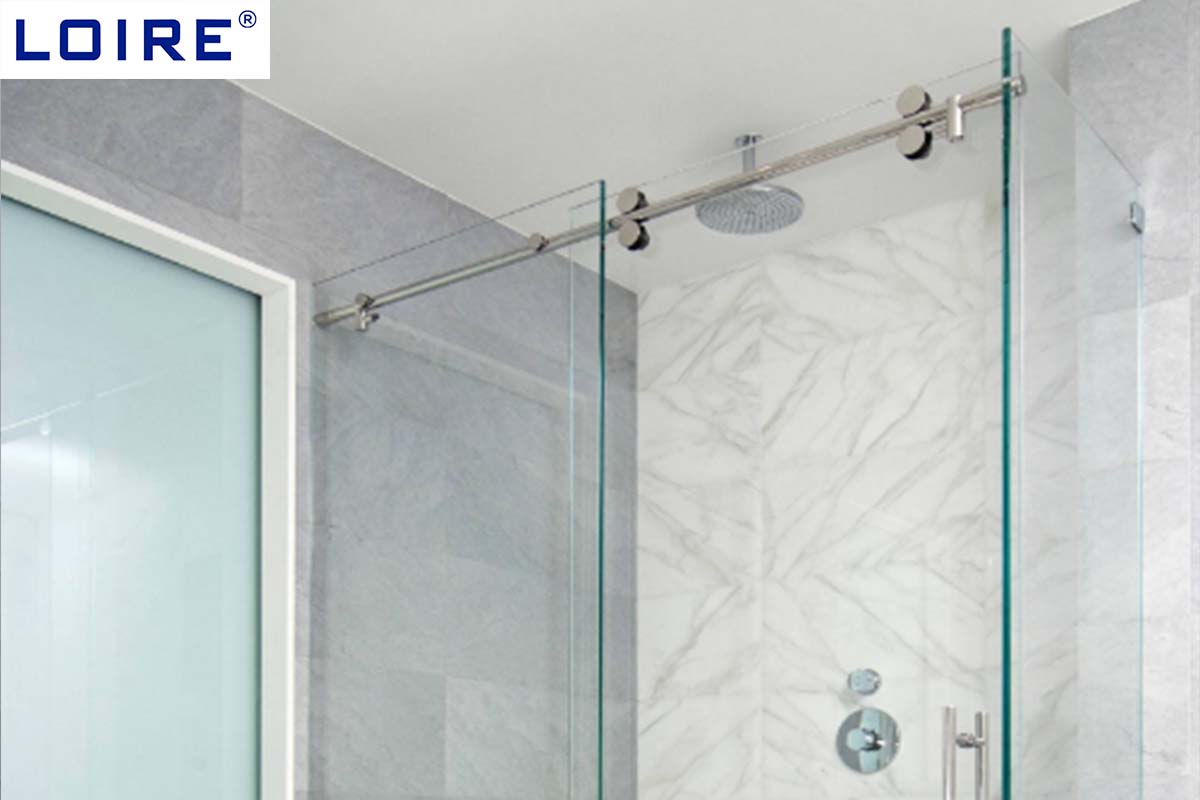Factors Affecting the Longevity of Sliding Shower Door Systems

Sliding shower door systems are essential fixtures in bathrooms, providing functionality and enhancing the overall aesthetics of the space. Understanding the factors that influence the lifespan of these systems is crucial for homeowners and contractors alike. In this article, we will explore additional factors that can affect the average life expectancy of sliding shower door systems, providing a more comprehensive understanding of their longevity.
1. Usage and Weight Capacity:
The frequency and manner in which sliding shower doors are used can impact their lifespan. Doors that are consistently subjected to heavy use, such as in commercial or high-traffic settings, may wear out more quickly than those in residential bathrooms with lighter usage. Additionally, exceeding the weight capacity recommended by the manufacturer can put excessive strain on the door system, leading to premature wear and potential failure.
2. Water Quality and Mineral Build-up:
The quality of water in a specific region can impact the longevity of sliding shower door systems. Areas with hard water, containing high levels of minerals like calcium and magnesium, can lead to mineral build-up on the door's components, such as tracks and rollers. This build-up can impede smooth sliding motion and cause damage over time, reducing the overall lifespan of the system.
3. Impact and Accidental Damage:
Accidental impacts, such as knocking or hitting the doors, can cause immediate or cumulative damage to sliding shower door systems. Even minor impacts can result in misalignment, cracks in the glass, or damage to the frame or hardware. Homeowners should be cautious when handling or cleaning the doors to prevent accidental damage that could shorten their lifespan.
4. Climate and Temperature Changes:
The climate and temperature conditions in a particular area can affect the materials used in sliding shower door systems. Extreme temperatures, including excessive heat or cold, can cause the expansion or contraction of materials, leading to stress and potential damage. Additionally, exposure to direct sunlight or harsh weather conditions, if applicable, can accelerate wear and deterioration.
5. Manufacturer Quality and Design:
The quality and design of the sliding shower door system, including the craftsmanship and engineering, can significantly influence its lifespan. Doors manufactured by reputable companies with a focus on durability and quality materials are likely to have a longer average life expectancy compared to lower-quality alternatives.
While the previously mentioned factors are important, additional considerations such as usage and weight capacity, water quality and mineral build-up, impact and accidental damage, climate and temperature changes, as well as manufacturer quality and design, also play a role in determining the longevity of sliding shower door systems. Homeowners and contractors should be aware of these factors and take necessary precautions to ensure proper maintenance and care, ultimately maximizing the lifespan of the system and enhancing the overall bathroom experience.






